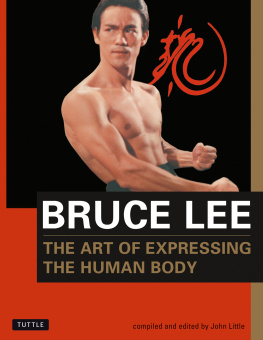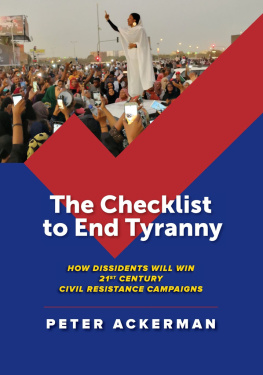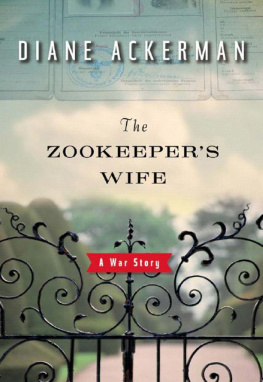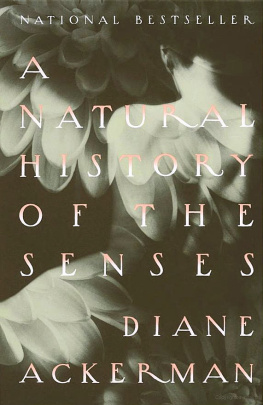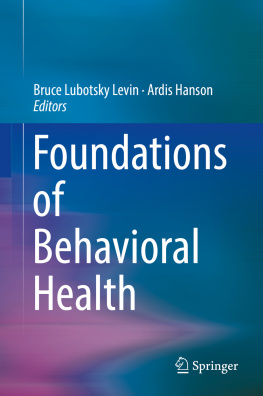Bruce A. Ackerman - We the People, Volume 1: Foundations
Here you can read online Bruce A. Ackerman - We the People, Volume 1: Foundations full text of the book (entire story) in english for free. Download pdf and epub, get meaning, cover and reviews about this ebook. year: 1993, publisher: HarvardUP, genre: Politics. Description of the work, (preface) as well as reviews are available. Best literature library LitArk.com created for fans of good reading and offers a wide selection of genres:
Romance novel
Science fiction
Adventure
Detective
Science
History
Home and family
Prose
Art
Politics
Computer
Non-fiction
Religion
Business
Children
Humor
Choose a favorite category and find really read worthwhile books. Enjoy immersion in the world of imagination, feel the emotions of the characters or learn something new for yourself, make an fascinating discovery.

- Book:We the People, Volume 1: Foundations
- Author:
- Publisher:HarvardUP
- Genre:
- Year:1993
- Rating:5 / 5
- Favourites:Add to favourites
- Your mark:
- 100
- 1
- 2
- 3
- 4
- 5
We the People, Volume 1: Foundations: summary, description and annotation
We offer to read an annotation, description, summary or preface (depends on what the author of the book "We the People, Volume 1: Foundations" wrote himself). If you haven't found the necessary information about the book — write in the comments, we will try to find it.
We the People, Volume 1: Foundations — read online for free the complete book (whole text) full work
Below is the text of the book, divided by pages. System saving the place of the last page read, allows you to conveniently read the book "We the People, Volume 1: Foundations" online for free, without having to search again every time where you left off. Put a bookmark, and you can go to the page where you finished reading at any time.
Font size:
Interval:
Bookmark:
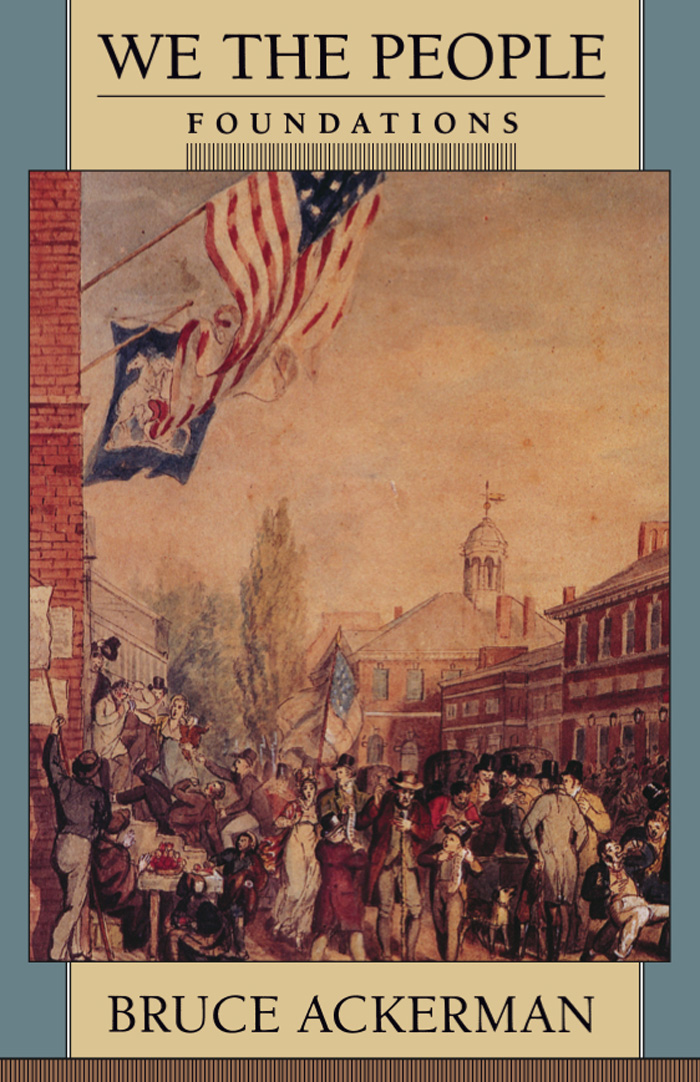
WE THE PEOPLE

FOUNDATIONS
ALSO BY BRUCE ACKERMAN
The Uncertain Search for Environmental Quality (1974) with Susan Rose-Ackerman, James Sawyer, and Dale Henderson
Economic Foundations of Property Law (1975)
Private Property and the Constitution (1977)
Social Justice in the Liberal State (1980)
Clean Coal/Dirty Air (1980) with William T. Hassler
Reconstructing American Law (1984)

FOUNDATIONS
Bruce Ackerman

THE BELKNAP PRESS OF HARVARD UNIVERSITY PRESS
CAMBRIDGE, MASSACHUSETTS LONDON, ENGLAND
Copyright 1991 by the President and Fellows of Harvard College
All rights reserved
Printed in the United States of America
This book has been digitally reprinted. The content remains identical to that of previous printings.
First Harvard University Press paperback edition, 1993
Designed by Marianne Perlak and typeset in Simoncini Garamond.
Library of Congress Cataloging in Publication Data
Ackerman, Bruce A.
We the people / Bruce Ackerman.
p. cm.
Includes bibliographical references and index.
Partial Contents: 1. Foundations.
ISBN 0-674-94840-8 (alk. paper) (cloth)
ISBN 0-674-94841-6 (paper)
1. United StatesConstitutional history. 2. United StatesConstitutional law. I. Title.
KF4541.A8 1991
342.73029dc20
[347.30229]
91-10725
CIP
For Sybil and John and their world
PART ONE
Discovering the Constitution
PART TWO
Neo-Federalism
We the People has been my principal preoccupation during the 1980s. Looking back, I am most conscious of the many friends who have shared it with me. I split the decade between two schools, Columbia and Yale. At both, I was very lucky to find people whose understanding and support meantand meanso much. At Columbia: Vince Blasi, Meir Dan-Cohen, George Fletcher, Eric Foner, Charles Larmore, Henry Monaghan, Subha Narasimhan, Tom Pogge, Andrzej Rapaczynski. At Yale: Akhil Amar, Bo Burt, Guido Calabresi, Mirjan Damaska, Owen Fiss, Paul Kahn, Tony Kronman, Jerry Mashaw, David Mayhew, Rogers Smith. I have also profited greatly from ongoing discussions with my friends in the Society for Ethical and Legal Philosophy. At a greater distance, Jim Fishkin and Cass Sunstein provided me with immensely useful commentaries on the manuscript.
Institutions have also helped. Dean Guido Calabresi at Yale and my deans at ColumbiaAl Rosenthal, Benno Schmidt, Barbara Blackwere unstinting in their support. Most important, they encouraged me to design somewhat unorthodox courses to test the themes developed here. The skepticisms and enthusiasms of my students at Columbia and Yale have made countless marks upon the final outcome. The two law schools also generously provided me with research leaves, to which the Guggenheim Foundation added a Fellowship in 198586.
I have, throughout these years, steadfastly tried to reserve every morning for uninterrupted reading and writing. I could not have succeeded without the constant aid of the people who served as my administrative assistants: Yvonne Tenney, Mary Nuez, Theresa Cerillo, and Joan Paquette. Without their thoughtful help on countless matters of daily academic life, this book would never have been during the summer of 1990.
Finally, there is my wife, Susan. She has, for a quarter-century now, been my best friend. Her intellectual contribution is even more evident to me here than in my previous work. Quite simply, I would not have hit upon the central ideas presented in this book without the spur of my constant conversations with her.
derive from The Storrs Lectures: Discovering the Constitution, 93 Yale Law Journal 1013 (1984). Passages which have been unchanged are reprinted here by permission of the Yale Law Journal and Fred B. Rothman & Co.
I also wish to note Professor Forrest McDonalds fine book, We the People: The Economic Origins of the Constitution (1958). I paused over the question whether another book with the same title would cause undue confusion. My conclusion: this title is special; it is enough for different authors from different generations to use different subtitles.



A MERICA is a world power, but does it have the strength to understand itself? Is it content, even now, to remain an intellectual colony, borrowing European categories to decode the meaning of its national identity?
This was not always a question posed by the American Constitution. When America was a military and economic weakling on the European fringe, it was at the forefront of constitutional thought; as it transformed itself into the powerhouse of the West, its leading constitutionalists became increasingly derivative. Two centuries onward, the study of the American Constitution is dominated by categories that owe more to European than to American experience.
The result has been a peculiarly ahistorical kind of understanding. Because dominant theories have not been designed with American constitutional history in mind, they do not reveal its most distinctive features. Many of the most remarkable parts of the story are entirely ignoredsince they would only embarrass European notions never designed to take them into account.
To discover the Constitution, we must approach it without the assistance of guides imported from another time and place. Neither Aristotle nor Cicero, Montesquieu nor Locke, Harrington nor Hume, Kant nor Weber will provide the key. Americans have borrowed much from such thinkers, but they have also built a genuinely distinctive pattern of constitutional thought and practice. Once we have reconstructed this pattern, we shall find that it bears comparison with the deepest reflections on the nature of politics offered up by the Greeks or Romans, Germans or English.
My interest in this reconstructive enterprise is not purely intellectual. The Constitution presupposes a citizenry with a sound grasp of the distinctive ideals that inspire its political practice. As we lose sight of these ideals, the organizing patterns of our political life unravel. If sophisticated constitutionalists blind themselves to the distinctively American aspects of the American Constitution, this must be a cause for more general concern. Of course, most people dont require lots of instruction before the basic rhythms of American constitutional life become part of second naturethe two-, four-, six-year electoral cycles, the distinctive interchanges between Congress and President, President and Court, Court and Congress, nation and state, politics and law. Along with these rhythms come a rough-and-ready grasp of the animating constitutional ideals of American democracy.
Font size:
Interval:
Bookmark:
Similar books «We the People, Volume 1: Foundations»
Look at similar books to We the People, Volume 1: Foundations. We have selected literature similar in name and meaning in the hope of providing readers with more options to find new, interesting, not yet read works.
Discussion, reviews of the book We the People, Volume 1: Foundations and just readers' own opinions. Leave your comments, write what you think about the work, its meaning or the main characters. Specify what exactly you liked and what you didn't like, and why you think so.

